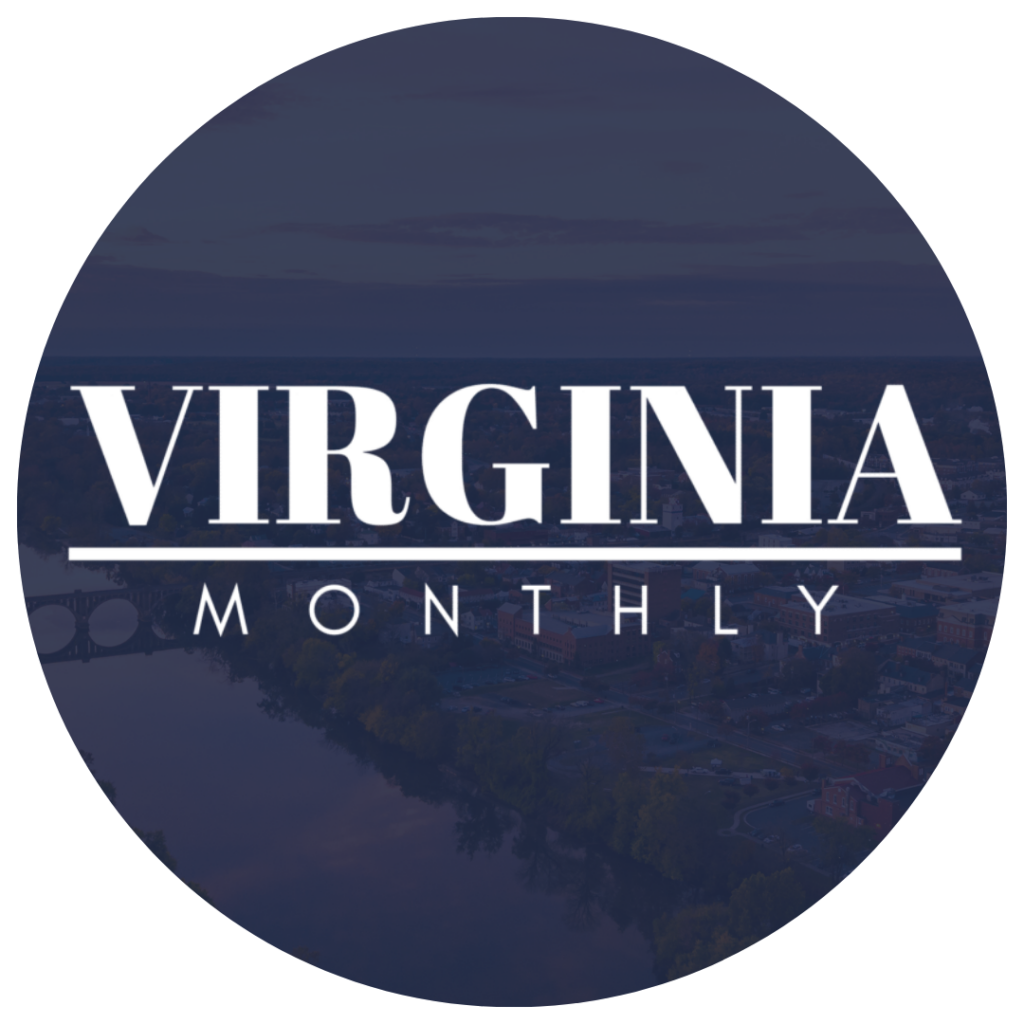Virginia, a state known for its rich history and scenic landscapes, is often perceived as less enthusiastic about sports compared to other states. This article explores the reasons why Virginia isn’t too big on sports, considering historical, cultural, and logistical factors that contribute to this phenomenon.
Historical Context
One of the primary reasons Virginia isn’t a major sports hub is the absence of major professional sports teams. Unlike neighboring states like Maryland and North Carolina, which host teams in the NFL, NBA, MLB, and NHL, Virginia lacks representation in these major leagues. The closest major teams are in Washington, D.C., and North Carolina, which influences where Virginians direct their sports loyalty.
Historically, Virginia has prioritized education and politics over sports. As the home of several prestigious universities and as a key player in the nation’s political landscape, the state’s cultural focus has been more on academic and political achievements rather than athletic ones.
Cultural Factors
Virginia’s population has diverse interests that extend beyond traditional sports. The state’s rich cultural heritage includes music, arts, and outdoor activities, which often take precedence over sports. Events like music festivals, historical reenactments, and arts fairs are more prominent in Virginia’s cultural scene.
While Virginia may lack professional teams, college sports, particularly football and basketball, enjoy a significant following. Universities like the University of Virginia and Virginia Tech have strong athletic programs that draw local support. However, this enthusiasm for college sports doesn’t necessarily translate into a broader sports culture.
Logistical Challenges
Virginia’s geographical location affects its sports culture. The state is situated between major sports markets like Washington, D.C., and North Carolina, leading many residents to support teams from these areas. This geographic positioning diminishes the need for Virginia to develop its own major sports franchises.
Another factor is the limited investment in sports infrastructure. Without state-of-the-art stadiums and arenas, it’s challenging to attract and sustain major sports teams. The economic and logistical support necessary to build and maintain such facilities has not been a priority in Virginia, further explaining its modest sports presence.
Economic Considerations
Virginia’s economy relies heavily on tourism and government sectors. The focus on historical tourism, natural parks, and political centers means less emphasis on sports as an economic driver. States with major sports teams often see significant economic benefits from games, merchandise, and associated tourism, but Virginia’s economic strategies have traditionally centered on other strengths.
The perceived market size and viability of supporting a professional team also play a role. Sports franchises seek markets with strong fan bases and economic potential. Virginia’s divided loyalties and relatively smaller cities may not present the most compelling case for new teams looking to expand.
Educational Institutions and College Sports
Virginia boasts several prominent universities with strong sports programs. Schools like the University of Virginia (UVA) and Virginia Tech have passionate fan bases, especially for basketball and football. These institutions often serve as the primary sports outlet for many Virginians.
College sports, particularly the rivalries between local universities, garner substantial attention. Games between Virginia Tech and UVA, for instance, attract significant local interest. However, this focus on collegiate sports can overshadow the development and support of professional teams within the state.
Recreational and Outdoor Activities
Virginia’s natural attractions, including the Blue Ridge Mountains, Shenandoah National Park, and numerous beaches, provide ample opportunities for outdoor activities. Hiking, fishing, and camping are popular pastimes that compete with sports for residents’ attention and time.
Community-level sports and recreational activities are also prevalent. Many Virginians participate in local leagues and recreational sports, which fulfill the community’s sporting interests without the need for major professional teams.
Virginia’s modest enthusiasm for sports can be attributed to a combination of historical, cultural, and logistical factors. The lack of major professional teams, a historical focus on education and politics, and diverse cultural interests all contribute to this phenomenon. Additionally, the state’s geographical location, limited sports infrastructure, and economic priorities have further influenced its sports culture. While college sports and recreational activities remain popular, Virginia’s unique blend of factors explains why it isn’t as big on sports as some other states.








